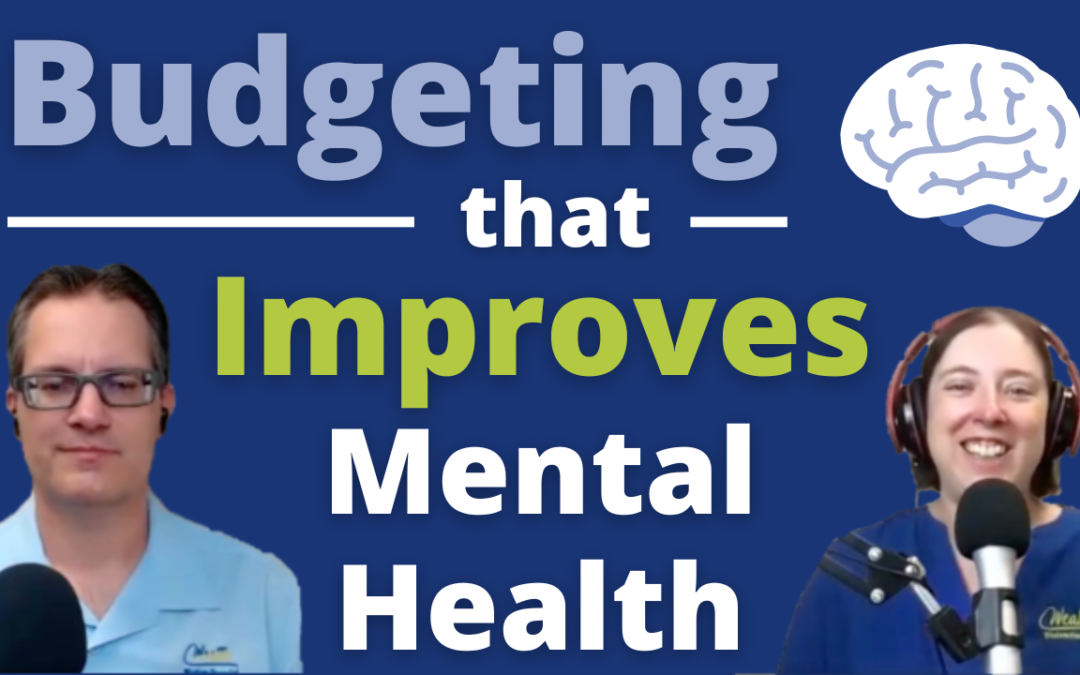Budgeting.
What thoughts and emotions arose when you read that word? 💭
Perhaps a feeling of stress? An “Oh no!” thought? An overwhelming sense of dread?
Budgeting evokes a lot of thoughts and emotions, but one thing is clear: for most people, few – if any – of those thoughts and emotions are positive ones …
But we’re often led to believe that if we don’t budget, we can’t fully be in control of our money! As a result, we’re stressed when we do budget, spending a headache-inducing amount of time, energy, and effort to fill out those Excel spreadsheets. When we don’t budget, though, we also feel stressed because we don’t know if we’re allocating our money correctly!
What if …
🤔 What if it didn’t have to be that way?
What if our very concepts of “budgeting” could be completely redefined so “budgeting” is no longer stressful?
First, we’ve found using budget as a verb to be way more helpful than using budget as a noun. Try this simple experiment: Read the following 2 sentences out loud and see how they feel in your heart of hearts.
“That’s not in the budget.”
“I budgeted for something of higher priority than that.”
Then, we redefine budgeting to simply “engaging with your money.” You don’t need a spreadsheet to engage with money. You could keep a money journal to record what you earned, what you spend, how you feel about your savings, and so forth. You could start having conversations about money with life partners, your children, a trusted friend, or even a financial professional.
What’s one small way you could engage with money today other than earning or spending it? Try it and then keep trying it, and see if your mental health improves. Tip: if it doesn’t, try something else!
We cover more about how we redefine budget and engage with money to IMPROVE mental health in our full Wealth Wisdom Financial Podcast episode: “Budgeting that Improves Mental Health”! 😁
Content provided by Women Belong member Amanda Neely












































 Women Belong Book Club
Women Belong Book Club The Power of Books in Branding
The Power of Books in Branding Connections - ZOOM Networking Event
Connections - ZOOM Networking Event The Savvy Summit - Elevating Women
The Savvy Summit - Elevating Women Introductions - Members Only
Introductions - Members Only